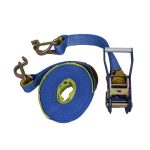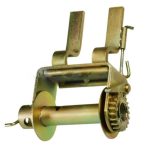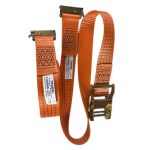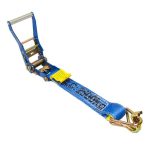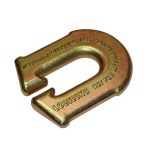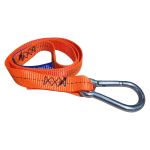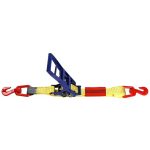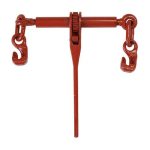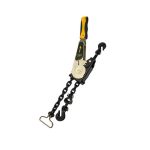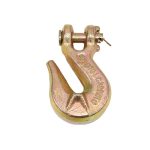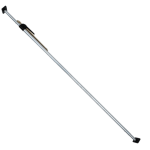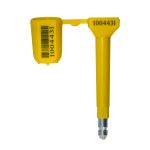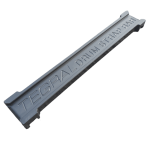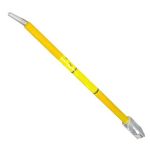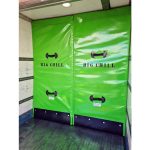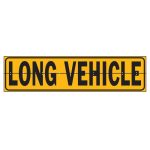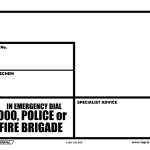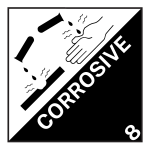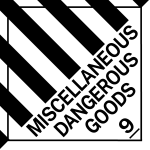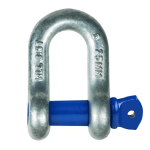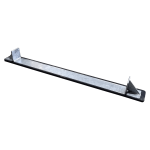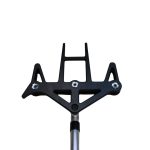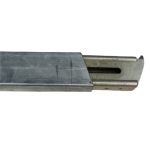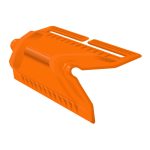As an owner-operator truck driver, you enjoy the independence of running your own business, but it also comes with the responsibility of managing your finances effectively. To ensure a successful and profitable career, it’s crucial to have a solid budget and financial plan in place. In this short guide, we’ll outline key steps to help you navigate the financial aspects of your trucking business.
1. Track Your Income and Expenses:
The foundation of effective budgeting is understanding your cash flow. Keep meticulous records of your income, including payments from clients, and all expenses related to your trucking business. Consider using accounting software or apps to streamline this process.
2. Create a Monthly Budget:
Based on your income and expenses, create a detailed monthly budget. Ensure you allocate funds for essential costs such as fuel, maintenance, insurance, and taxes. Don’t forget to include personal expenses like housing, groceries, and savings.
3. Emergency Fund and Savings:
Establish an emergency fund to cover unexpected expenses or periods of low income. Aim to save a percentage of your earnings regularly to build a financial cushion for your business and personal life.
4. Manage Fuel Costs:
Fuel is a significant expense for truck drivers. Look for ways to optimize fuel efficiency, such as maintaining your truck, planning efficient routes, and using fuel cards or loyalty programs to save on fuel costs.
5. Insurance and Maintenance:
Ensure your truck is adequately insured to protect your investment. Regular maintenance is key to preventing costly breakdowns. Budget for routine maintenance, inspections, and repairs to keep your truck in top condition.
6. Tax Planning:
Consult with a tax professional who understands the trucking industry to help you navigate tax deductions and credits available to owner-operators. Proper tax planning can save you money in the long run.
7. Debt Management:
If you have loans or credit card debt related to your business, create a plan to pay them down strategically. Reducing interest payments will free up more money for your budget.
8. Invest in Retirement:
Plan for your future by setting up a retirement account or an Individual Retirement Account (IRA). Contribute regularly to ensure you have financial security in your later years.
9. Stay Informed:
Keep up with industry trends and changes in regulations that may affect your business. Staying informed can help you make better financial decisions.
10. Review and Adjust:
Regularly review your budget and financial plan. Adjust as needed based on changes in income, expenses, or your long-term goals.
Managing finances as an owner-operator truck driver requires discipline and careful planning. By following these steps and consistently monitoring your financial health, you can build a stable and prosperous career on the road while securing your financial future. Remember, a well-managed budget is a powerful tool to help you achieve your business and personal goals.




